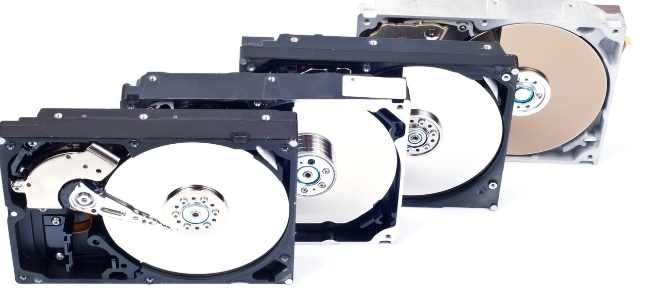Your hard drive is one of the most crucial components in your computer. Put simply, the hard drive is what holds your data and powers your computer’s processing. Without a well-functioning hard drive, your computer is as good as useless.
Consequently, anything that goes wrong with your computer could often be due to some error in the hard drive. To help you get ahead of such errors, we’ve listed a few of the most common hard drive problems here in this article. With a good understanding of these, you’ll be able to far more efficiently troubleshoot any problems with your machine.
Corrupted Files
The first and probably most common hard drive problem is a corrupted file. This kind of problem surfaces itself when you try to click into a file stored on the hard drive, and you are prevented from doing so. Your screen may pop up with an error that says the file has been corrupted, and it may even give you a specific reason why it is corrupted.
As a general rule, files can become corrupt due to improper shutdown procedures, power surges, or accidentally closing programs too early. To recover corrupted files, you’ll need to talk to a professional.
Overheating
Another one of the common hard drive issues is an overheating hard drive. You’ll typically know when your hard drive is overheating if your machine suddenly becomes very hot, the fan sounds like it’s working way too hard, or if you hear the hard drive clicking.
To stop your hard drive from overheating, try purchasing a laptop stand that is better ventilated. This allows more airflow to access the hard drive, which will cool it better. Another alternative is to upgrade the cooling fan that is on your computer, which can be a significant expense.
Virus Malware
Last but certainly not least, another common error you’ll run into when troubleshooting hard drives is a virus that has been mucking up your system. Viruses can manifest themselves in many different ways.
Some of the most common indicators of a virus include corrupted files, machines not turning on, or the like. Once you have a virus on your computer, you’ll need to run a malware defender program to get it removed from your machine.
To prevent future viruses from coming in, make sure that you are only downloading things that you know you can trust. Don’t download sketchy programs without positive customer reviews or any email attachments from people you don’t know. In addition, be sure to use a strong password in order to prevent the wrong people from logging into your systems.
Hard Drive Problems to Be Aware Of
With knowledge of these hard drive problems under your belt, the next time something goes wrong on your machine you should be far better equipped to troubleshoot the exact problem with the computer.
For more computer advice, be sure to take some time to check out the rest of the articles available to read on the website before you leave!


